You know how family is supposed to be your rock—your comfort? The place you go to for safety when the world hurts you? What about when it’s not?
I am grateful to have such a loving, supportive family, but it’s not perfect. And I’m guessing yours isn’t either. When our families aren’t what we need them to be, it can be very disorienting and hurtful. Maybe even traumatic. Family is everything, but when our family has flaws, or shortcomings, or failures, it can turn our world upside down. It feels isolating—like maybe we’re the only ones in the world who have such a flawed family. Ostensibly beautiful holidays are just reminders that we don’t have the connection with our families that we want or deserve.
Without sharing too much of my family’s story that isn’t just mine to share, I will say that one of my grandfathers falls into this category. Unfortunately, he repeatedly did not show up for my family as a husband and father. He was almost completely out of the picture, and fortunately, my step-grandfather filled his shoes as much as he could. Flawed as he was in his own ways, my step-grandfather showed up as a husband and father, and I am so grateful for him. A lesson that showing up flawed is almost always better than not showing up at all.
But just because my grandfather wasn't in our family’s life, as his grandchild, with 1/4 of his DNA, I still want to learn about him. I want to know why he didn’t show up for my family. I want to know what his parents were like. What he enjoyed doing; what made him smile. I want to know what we have in common—surely with some of the same DNA, we have things in common. I want to learn how I can avoid his pitfalls and still embrace the best parts of him.
I’m still diving into his family history. I am grateful that his mother was an avid genealogist who left lots of records. Records that show my ancestry all the way back to the 1500s. As I dig more and more into my grandfather’s family line, I’ve learned that I’m a descent of British settlers who sailed to Boston (Watertown more specifically) in 1635. They had a family crest—it is beautiful, and it inspired some of my upcoming artwork. They built a home that was standing until the 1970’s. They have a wikipedia page. They were horse-breeders (maybe my love of horses goes back even further than my 6 generation of cowboy lineage). I found a recipe that my great-grandmother (who I never got to meet) made for Applesauce Cake—I love baking it and imagining what she was like. I found a family reunion that these descendants have regularly…maybe I’ll meet them one day.
I also found newspaper articles about my grandfather and his sacrifices during WWII and the Korean War. He was stationed in Pearl Harbor until a few days before it was bombed—a near miss for my grandfather. At another time, his ship was attacked and he got away on a life raft. I can’t imagine the toll his military service took on him…maybe that was part of his absence in my family’s life. I don’t want to excuse his behavior, AND I still value learning about him. It’s helped me understand more of myself. And also what pitfalls I might be susceptible to. Because family patterns often repeat, and one of the best ways to avoid them is to learn about them. Awareness is key to change
Even though my family history is painful or complex, it has been so valuable for me to learn about. To learn from my ancestors’ strengths and weaknesses. Because like it or not, family is family. They will always be a part of me, and I can try to stand on their shoulders, becoming more than they were able to be.
If learning about your family history or connecting with certain family members is damaging to your mental health, take care of yourself. There is a season for everything. And there are some seasons where we’re surviving, just trying to get by as we work towards healing. But as we approach our healing and build resilience, connecting with the complexity of our families can help heal our hearts. Maybe our families won’t ever change, but we can still experience healing as we learn from them.
May we find healing from our familial hurts and give ourselves lots of grace for the process. I’m still on this journey, and I’m excited for you to join me at https://heirloomclub.net

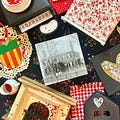
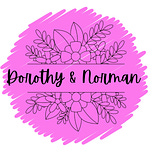

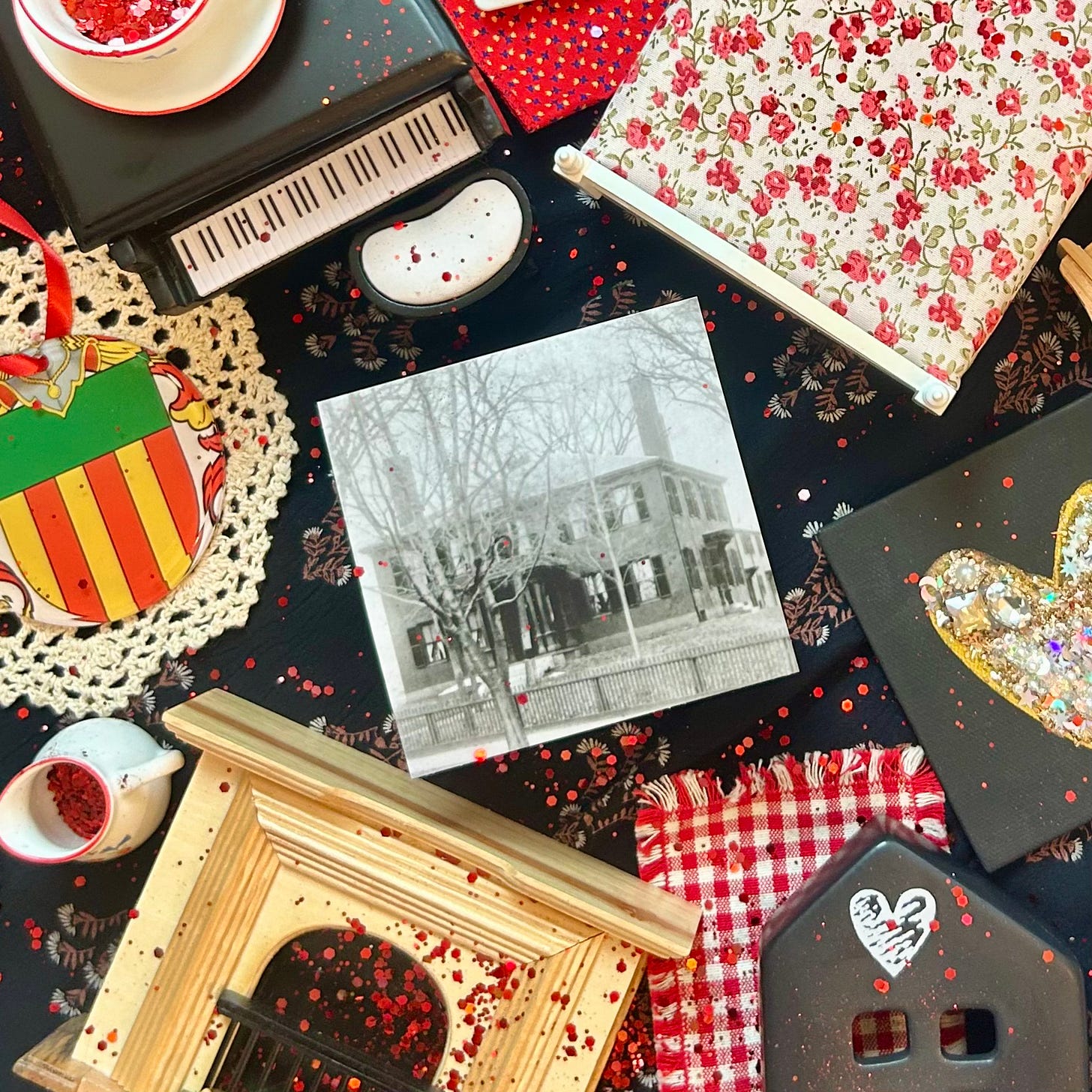
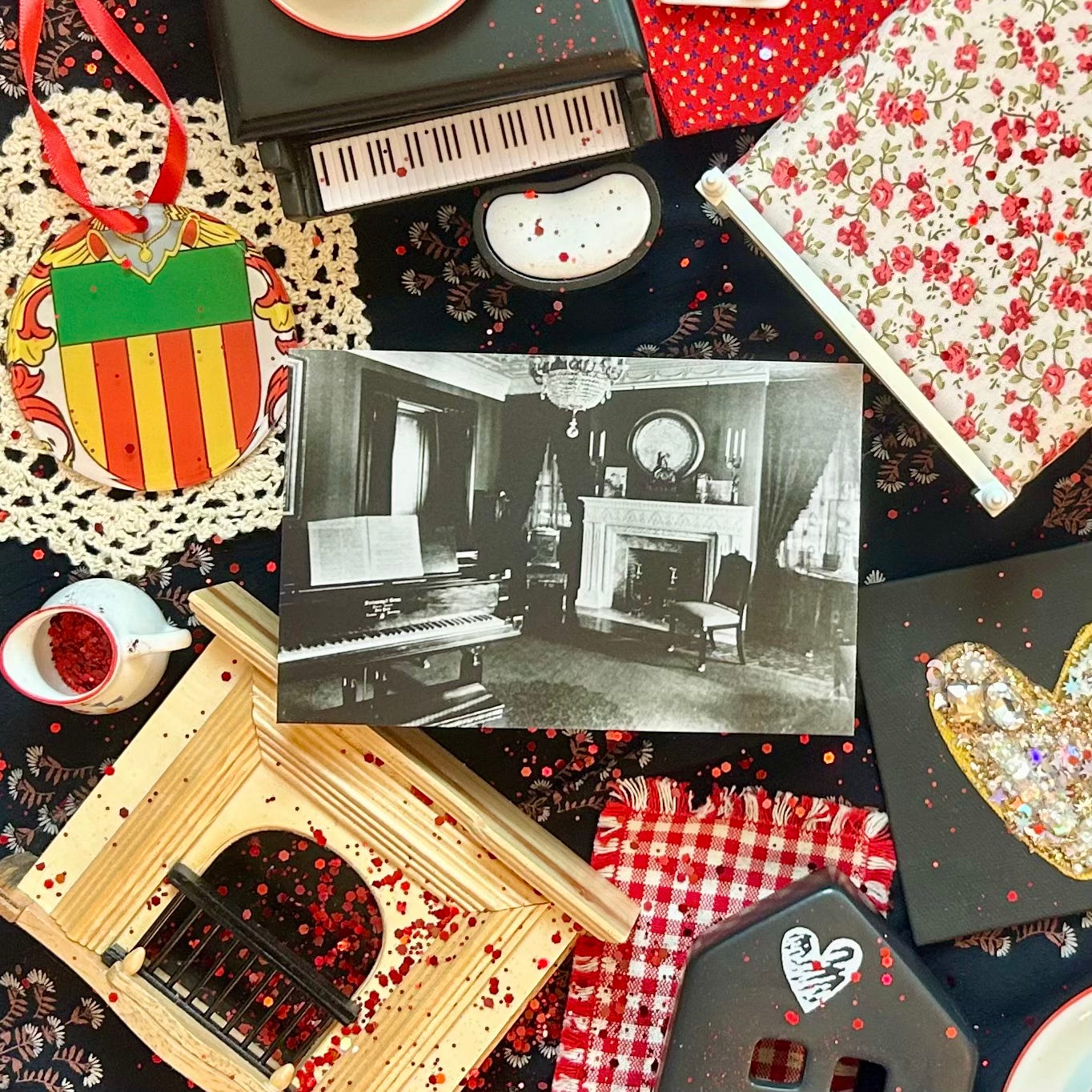
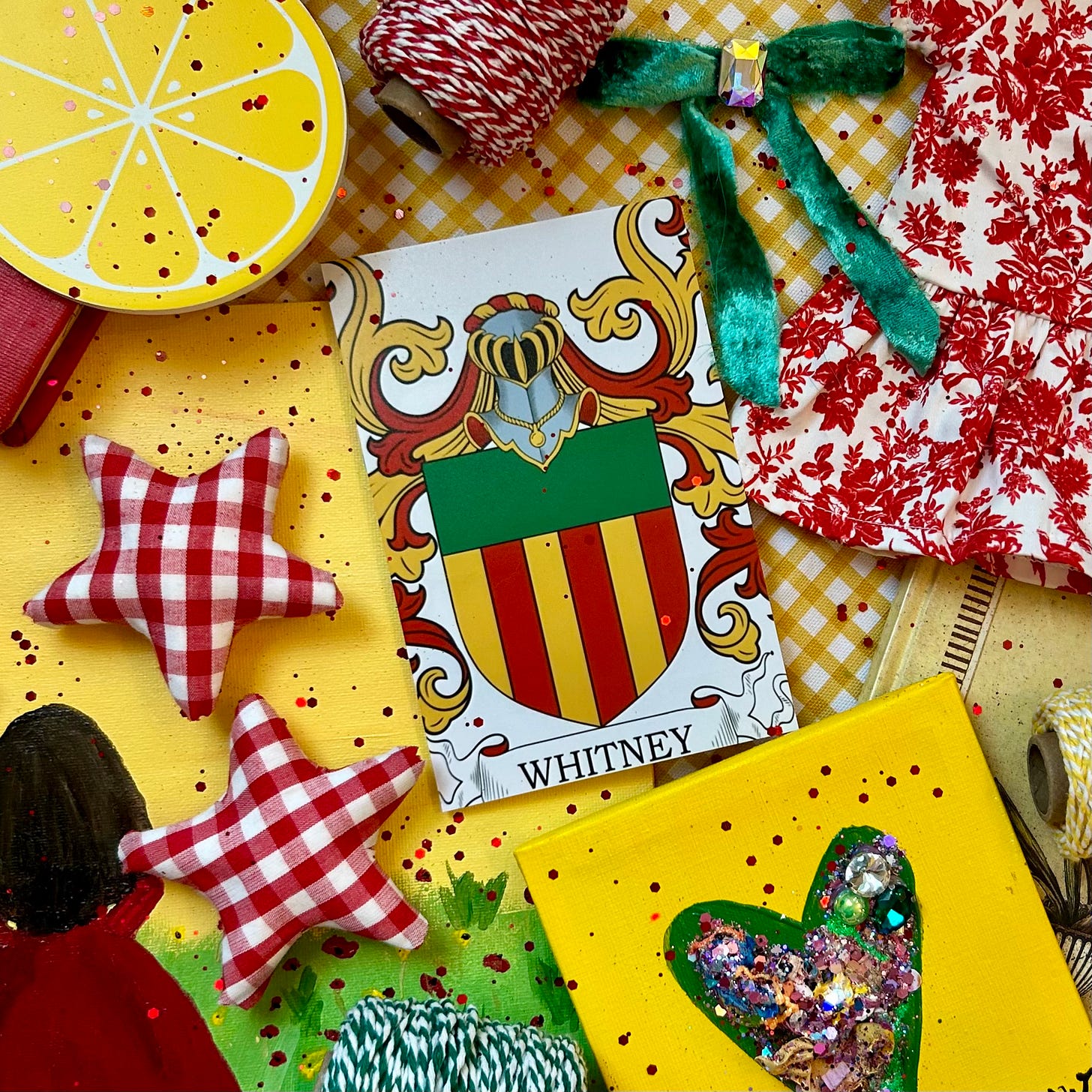


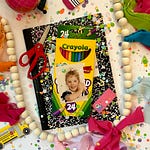



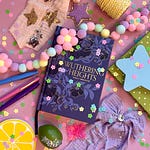

005: When family doesn't feel like family